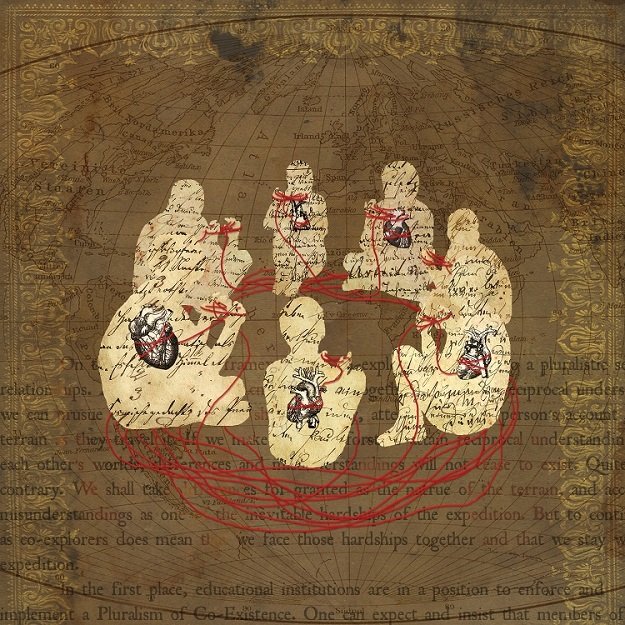Some thoughts about the vital crises of development and strategies to overcome. /part 3/
In the 1950s, based on Freud's ideas on psycho-sexual development, Eriksson developed a theory in which he stressed the social aspects of development by treating it as a process of integration of individual biological factors with the factors of education and the socio-cultural environment . According to Ericson, in the course of his life, the person experiences eight psychosocial crises, specific to each age, the favorable or unfavorable outcome, from which he determines the possibilities of subsequent development of personality: * First crisis - experiencing the first year of life, satisfying or not satisfying the basic life needs of the child by the person who cares for it. If the physiological needs of the child are satisfied, it develops a sense of trust in the world and vice versa;
The second crisis - related to early childhood and first attempts to study, especially with the study of purity. If parents understand the child and help him / her control their natural needs, the child gains experience as an autonomous organism and vice versa, severe or incoherent external control develops in the child fear or doubt about the possibility of losing control over his / her own organism; * Third crisis - related to the so-called a second childhood in which the child's self-affirmation takes place. The plans it continually creates and which others allow it to realize, help to develop a sense of initiative, and vice versa, if it fails or does not allow it to carry out its plans, it will lead to the development of obedience and sense of wine; * Fourth crisis - occurs at school age depending on the atmosphere in school and the adopted methods of education and upbringing; the child develops either a desire for work or a sense of inferiority; * The fifth crisis - experienced by teenagers and both sexes in the process of identification.
This process implies bringing together previous experience of man with his potential capabilities and the choices he has to make. Inability to identify may lead to disintegration or confusion in social roles; Sixth crisis - related to the youth of man and refers to the search for proximity to the loved one with whom the cycle is to be done: work - childbirth - rest in order to provide the children with the necessary development. The absence of such experience leads to the isolation of man and his closing in himself; * The Seventh Crisis - Survived by the people around the 1940s, characterized by the development of a sense of preservation of the genus, which manifests itself primarily as an interest in its generation and its upbringing. This period is characterized by high productivity, but if evolution in marital duties goes in another way, this can lead to a situation where people in a family exist for themselves in limited interpersonal relationships; * The eighth crisis - experienced in old age, it marks the end of the life path, and resolving this crisis depends on how this time has passed.
